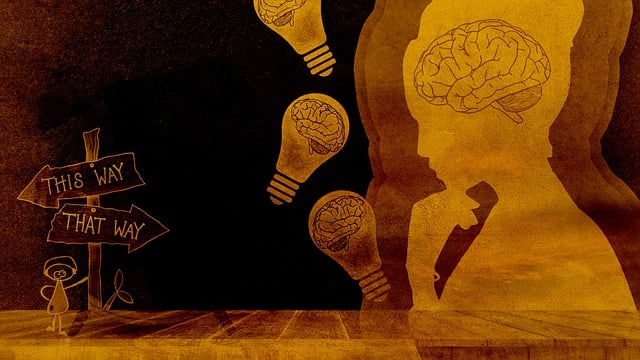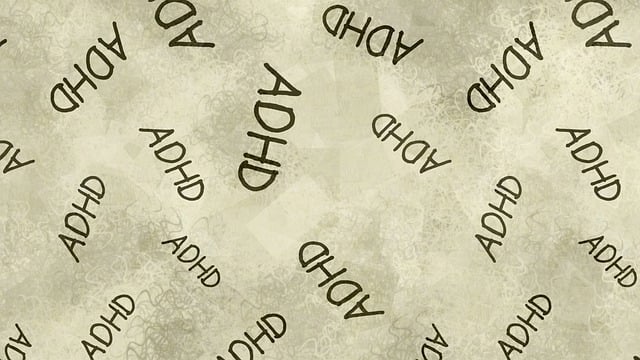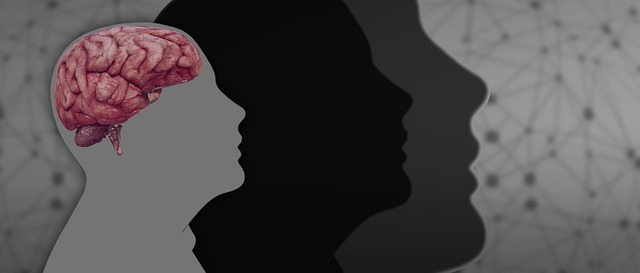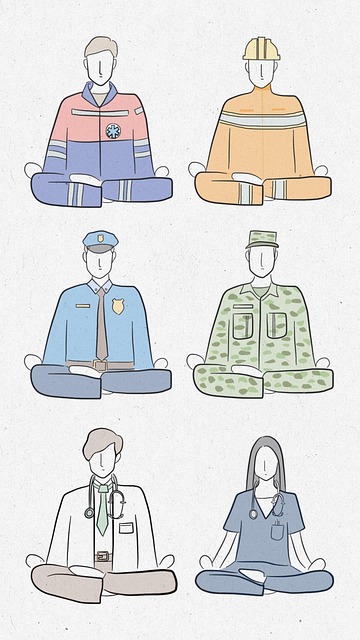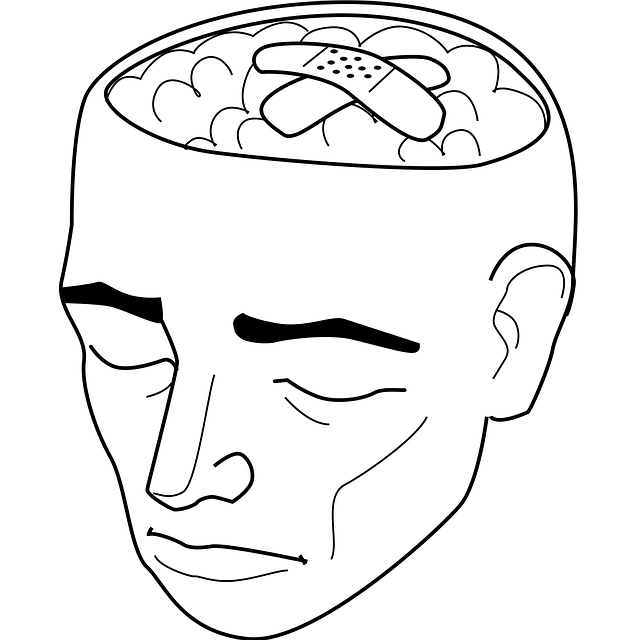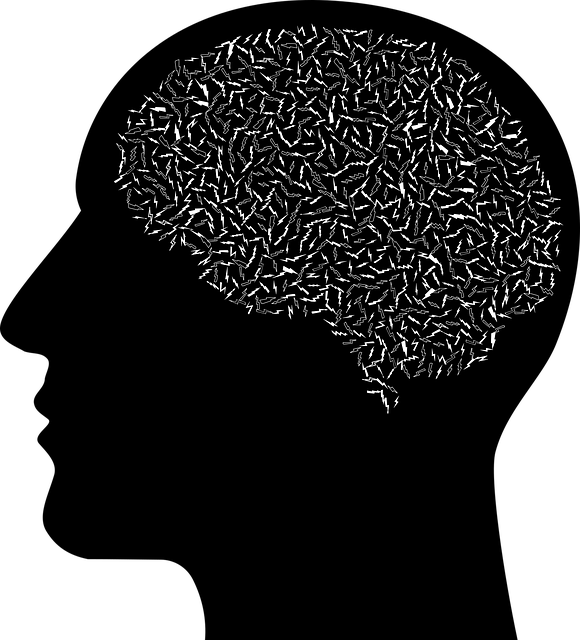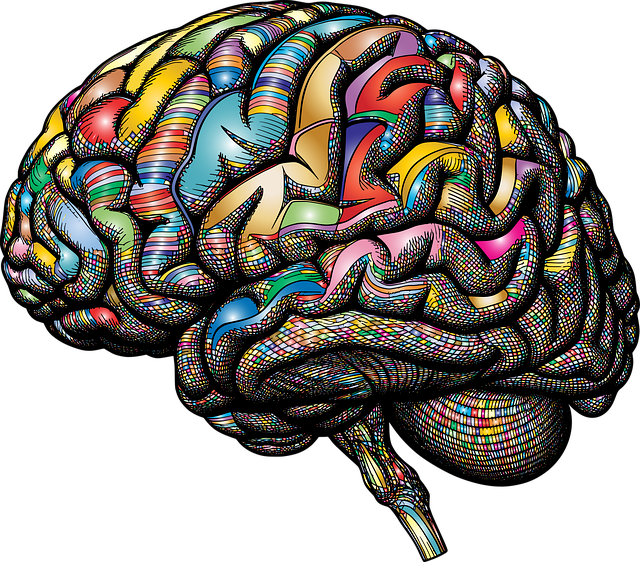Mental Health Crisis Hotlines (24/7) provide immediate assistance for emotional distress, including individuals with Dissociative Disorder. They offer specialized Parker Dissociative Disorder Therapy, guidance, and coping skills development from trained professionals. These hotlines not only intervene in crises but also promote long-term recovery through workshops and stress management techniques. Crisis counselors, trained in de-escalation and mindfulness, serve as the first line of support, ensuring a safe and inclusive environment for those dealing with complex conditions like dissociation.
“In times of mental health crisis, accessible support services can be a lifeline. This article explores the vital role of mental health crisis hotline support, focusing on their immediate impact and long-term benefits. We delve into the specific contributions of Parker Dissociative Disorder Therapy in crisis intervention.
From understanding the hotline’s function to uncovering the challenges faced by counselors, this comprehensive guide highlights effective access strategies for those in need. Discover how these services, when utilized properly, foster recovery and provide a safe space during tumultuous times.”
- Understanding Mental Health Crisis Hotlines: A Lifeline in Times of Emergency
- The Role of Dissociative Disorder Therapy in Crisis Support
- Accessing and Utilizing Hotline Services for Effective Recovery
- Behind the Scenes: Training and Challenges Faced by Crisis Counselors
Understanding Mental Health Crisis Hotlines: A Lifeline in Times of Emergency

Mental Health Crisis Hotlines serve as a vital lifeline for individuals experiencing emotional distress or a sudden decline in mental well-being. These 24/7 support services are designed to provide immediate assistance during times of emergency, offering a safe and confidential space for those grappling with various mental health challenges, including Dissociative Disorder, a complex condition that requires specialized Parker Dissociative Disorder Therapy.
Accessing these hotlines empowers individuals to connect with trained professionals who can offer guidance, support, and coping skills development tailored to their unique needs. Beyond immediate crisis intervention, these services often include emotional well-being promotion techniques and stress management workshops organized by dedicated organizations. They play a crucial role in preventing escalation and guiding people towards long-term recovery and improved mental health.
The Role of Dissociative Disorder Therapy in Crisis Support

In times of mental health crises, individuals suffering from dissociative disorders require specialized support. Dissociative Disorder Therapy (DDT), pioneered by experts like Dr. Parker, plays a pivotal role in crisis hotline services. This therapy focuses on helping individuals manage and overcome symptoms such as detachment from reality, memory lapses, and identity confusion—common during traumatic events. By offering trauma support services tailored to dissociative disorders, DDT equips clients with coping mechanisms to navigate acute crises.
Beyond acute intervention, DDT integrates self-care practices into its framework. It teaches individuals strategies to foster resilience and promote mental well-being in the face of dissociation. Furthermore, healthcare provider cultural competency training is integral to this approach, ensuring that hotline support services are inclusive and sensitive to diverse backgrounds. This comprehensive care model not only addresses immediate crisis but also contributes to long-term recovery and improved quality of life for those struggling with dissociative disorders.
Accessing and Utilizing Hotline Services for Effective Recovery

Accessing hotline support services is a crucial step for individuals facing mental health crises, especially those with complex conditions like Dissociative Disorder. These 24/7 resources are designed to provide immediate assistance and guidance, offering a safe space to express feelings and concerns. When reaching out, it’s essential to be clear and concise about one’s situation; this helps the trained professionals connect individuals with the most suitable support. Many hotlines now offer specialized services for specific disorders, ensuring tailored care.
For effective recovery, utilizing hotline services can be a game-changer. They provide immediate relief, offer coping strategies, and connect people to further treatment options, including Parker Dissociative Disorder Therapy. Moreover, these services often have resources for family members or caregivers, fostering a supportive environment that aligns with the Mind Over Matter Principles. Through Public Awareness Campaigns Development, hotlines play a vital role in promoting mental health as a societal priority, ensuring individuals know they are not alone in their struggles.
Behind the Scenes: Training and Challenges Faced by Crisis Counselors

Behind the scenes, crisis counselors face a unique set of challenges as they navigate the intricate world of mental health support. These professionals are often the first point of contact for individuals in distress, requiring them to possess a multifaceted skill set. Training programs emphasize active listening, empathy, and crisis de-escalation techniques, equipping counselors with the tools to handle diverse situations. However, the emotional toll can be significant, as counselors must manage their own well-being while assisting others through traumatic experiences.
One specialized area gaining attention is dissociative disorder therapy, such as Parker Dissociative Disorder Therapy, which focuses on complex mental health conditions. Counselors must be adept at recognizing subtle cues of dissociation and guiding clients towards integration and healing. While these challenges exist, the role of crisis counselors is invaluable in fostering Mental Health Awareness and encouraging Self-Care Practices. Mindfulness Meditation techniques are also integrated into training to enhance counselors’ resilience and their ability to offer consistent support.
Mental health crisis hotline support services play a pivotal role in providing immediate assistance during emergency situations. As highlighted through this article, understanding the functionality and importance of these hotlines is crucial. From comprehending the significance of dissociative disorder therapy to recognizing the challenges faced by crisis counselors, each aspect contributes to enhancing access to effective recovery resources. By leveraging services like Parker Dissociative Disorder Therapy, individuals in crisis can receive specialized care, ensuring they navigate through challenging times with increased resilience and hope for a brighter future.
